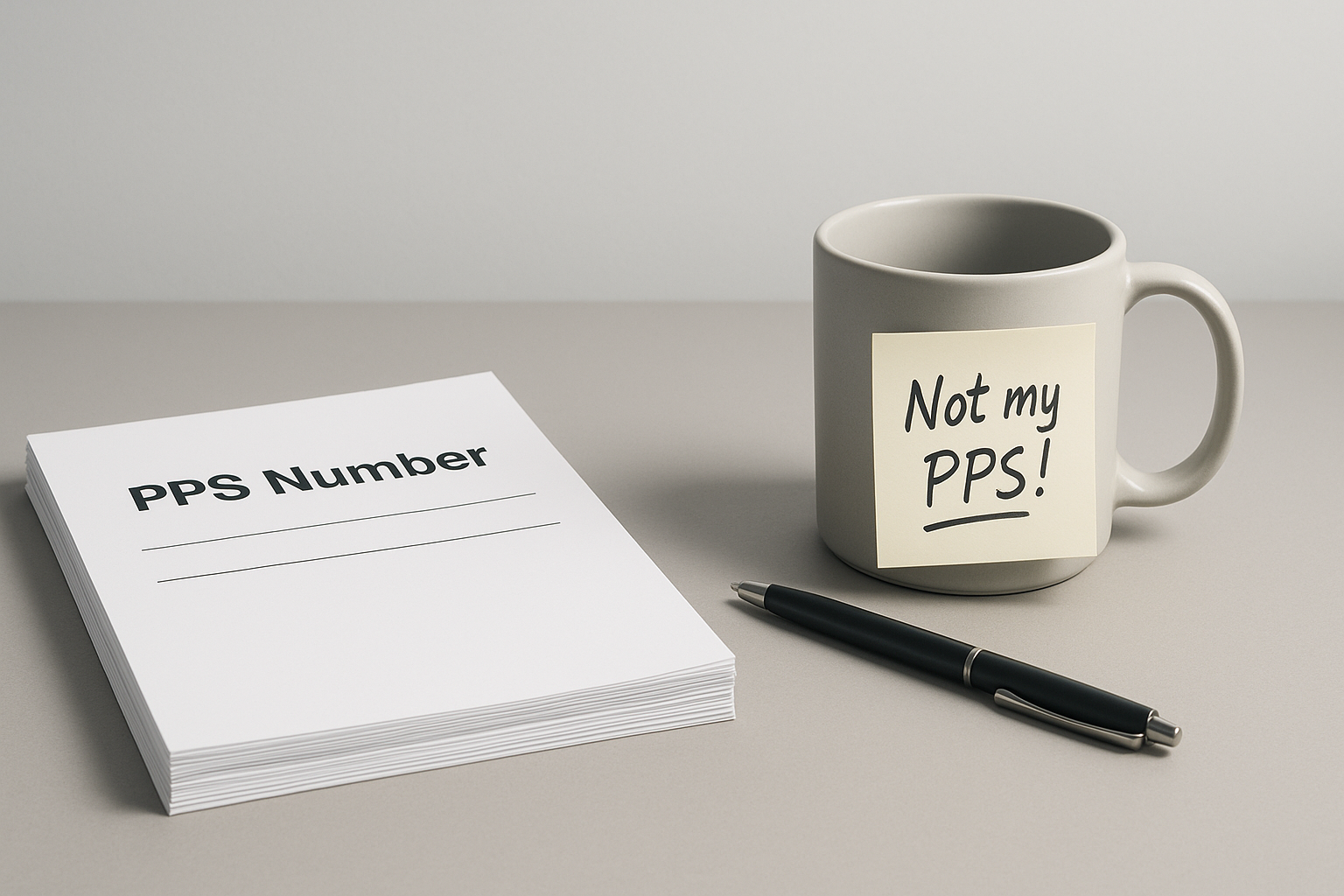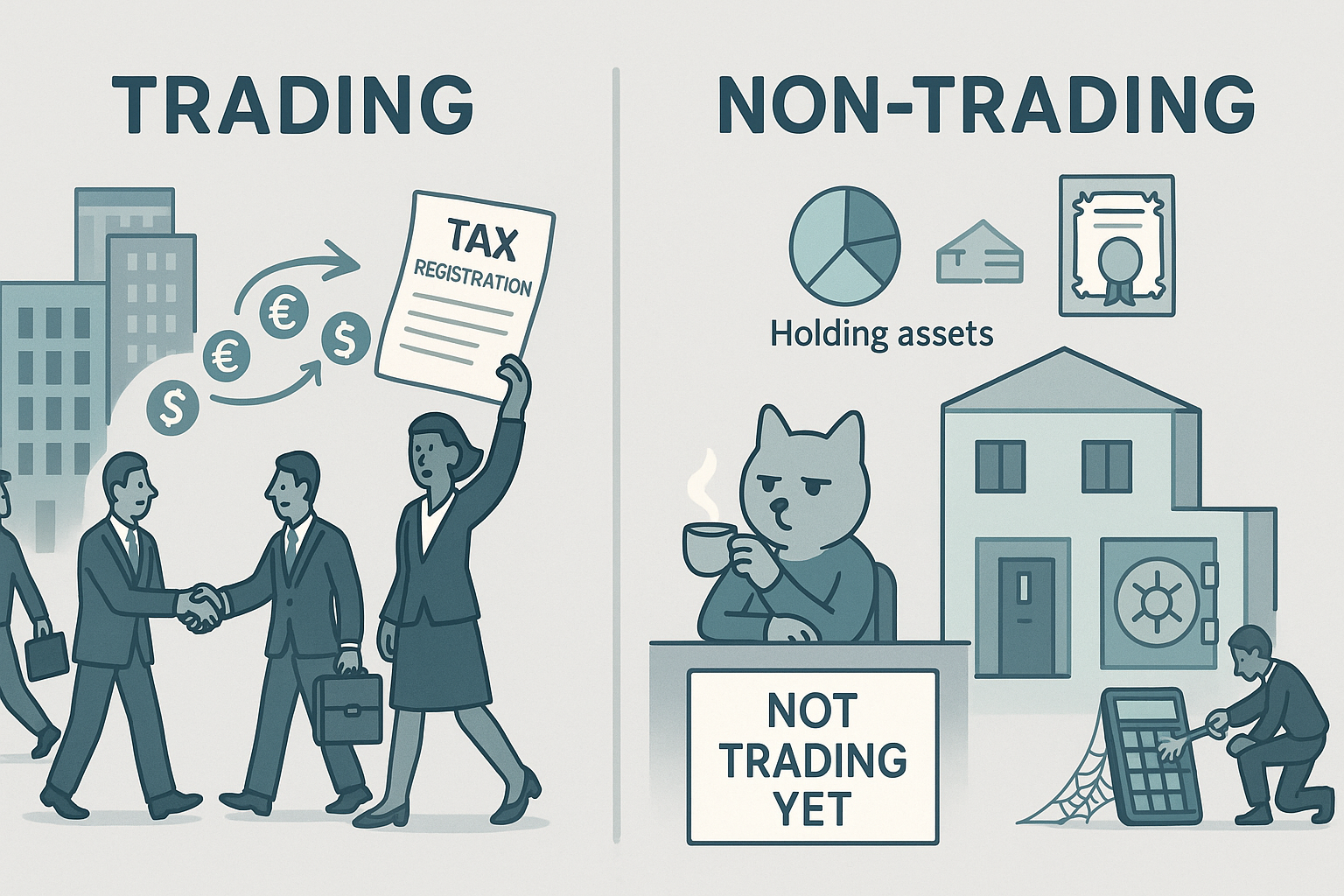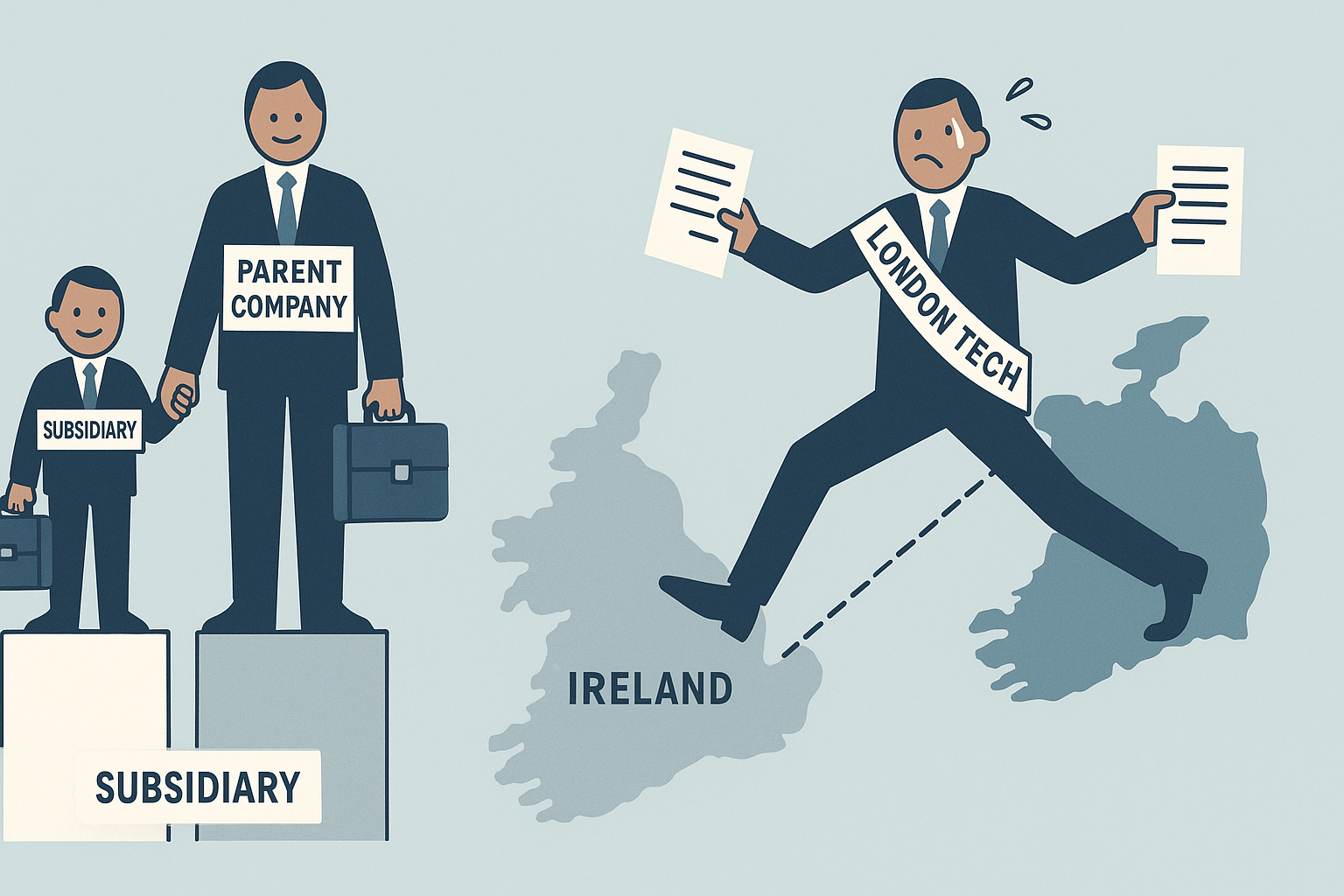You should read this article if you are:
i. starting a business in Ireland and are unsure whether to operate as a sole trader or register a limited company or
ii. if you have been a sole trader for a while now and are thinking of switching
Key Takeaways
- A limited company offers limited liability protection and a low corporate tax rate (12.5%), making it ideal for scaling and attracting investment.
- A sole trader structure is simpler and cheaper to set up but carries unlimited personal liability for business debts.
- Limited companies face higher regulatory and compliance obligations, while sole traders have fewer formalities but must still meet tax requirements.
- Sole traders are taxed at personal income rates, which may be higher than the corporate tax rate applicable to limited companies.
- The right structure depends on your business goals, risk tolerance, and growth plans - consulting a professional is recommended.
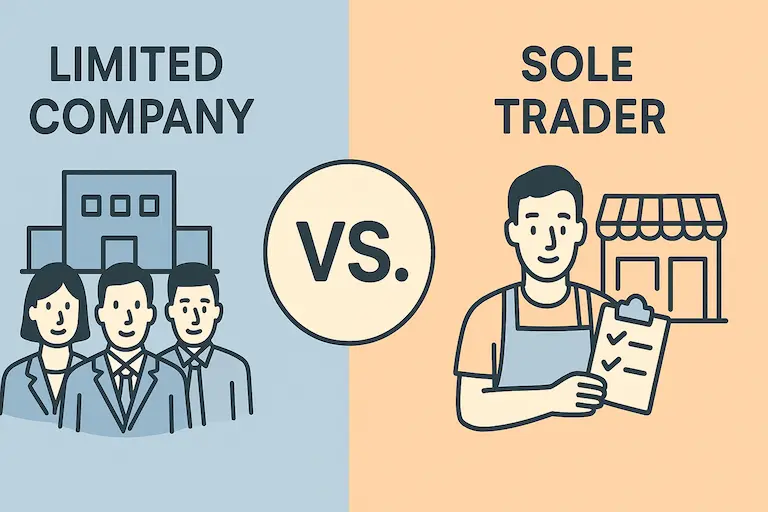
Introduction
Choosing the right business structure is a foundational step in establishing a successful enterprise in Ireland.
The structure you choose will affect your legal responsibilities, tax obligations, and overall business operations.
This guide focuses on the two most common structures: limited companies and sole traders.
Understanding Business Structures
In Ireland, business structures define the legal organisation of a business.
The main types include limited companies, sole traders, partnerships, co-operatives, and branches of foreign companies.
Each structure has unique characteristics, benefits, and legal implications.
Limited Companies in Ireland

A limited company is a separate legal entity from its owners, offering several advantages, especially in terms of liability protection and tax benefits.
Formation
To form a limited company in Ireland, you must register with the Companies Registration Office (CRO). This involves choosing a company name, preparing a constitution, appointing directors, and filing the necessary forms.
Benefits
- Limited Liability: Shareholders' liability is limited to their investment in the company.
- Tax Efficiency: Potential for lower corporate tax rates compared to personal income tax.
- Professional Image: Being a limited company can enhance credibility and attract investors.
- Continuity: The company’s existence is not affected by changes in ownership or management.
Taxation
Limited companies are subject to corporation tax on their profits. The current corporate tax rate in Ireland is 12.5% for trading income, which is one of the lowest in the EU.
Regulations
Companies must comply with statutory requirements, including filing annual returns and financial statements with the CRO, and maintaining proper records.
Sole Traders in Ireland
A sole trader is the simplest form of business structure, ideal for individuals starting a small business.

Formation
Setting up as a sole trader is straightforward.
You need to register with the Revenue Commissioners for tax purposes and, if applicable, register your business name with the CRO.
Benefits
- Simplicity: Easy and cost-effective to set up and operate.
- Control: Complete control over business decisions and profits.
- Flexibility: Fewer regulatory requirements compared to limited companies.
Taxation
Sole traders are taxed on their personal income from the business.
They must file an annual self-assessment tax return with Revenue, and pay income tax, PRSI, and USC on their profits.
Regulations
While there are fewer regulations, sole traders must still maintain accurate financial records and comply with tax obligations.
Comparison: Limited Company vs. Sole Trader
Choosing the Right Structure For You
When deciding between a limited company and a sole trader, consider factors such as the nature of your business, your risk tolerance, tax implications, and future growth plans.
If you are not sure which path is right for you, drop us a message. We respond quickly.
Case Studies
Example 1: Tech Startup A tech startup chose a limited company structure to attract investment and protect personal assets.
Example 2: Freelance Graphic Designer A freelance graphic designer opted for a sole trader structure due to its simplicity and lower costs.
How Open Forest Can Help?
If you have decided to go with the Limited Company option or want to switch from being a sole trader to being a limited company, Open Forest can help.
Choose from one of our packages here and we will take care of the rest.

Stuart Connolly is a corporate barrister in Ireland and the UK since 2012.
He spent over a decade at Ireland's top law firms including Arthur Cox & William Fry.




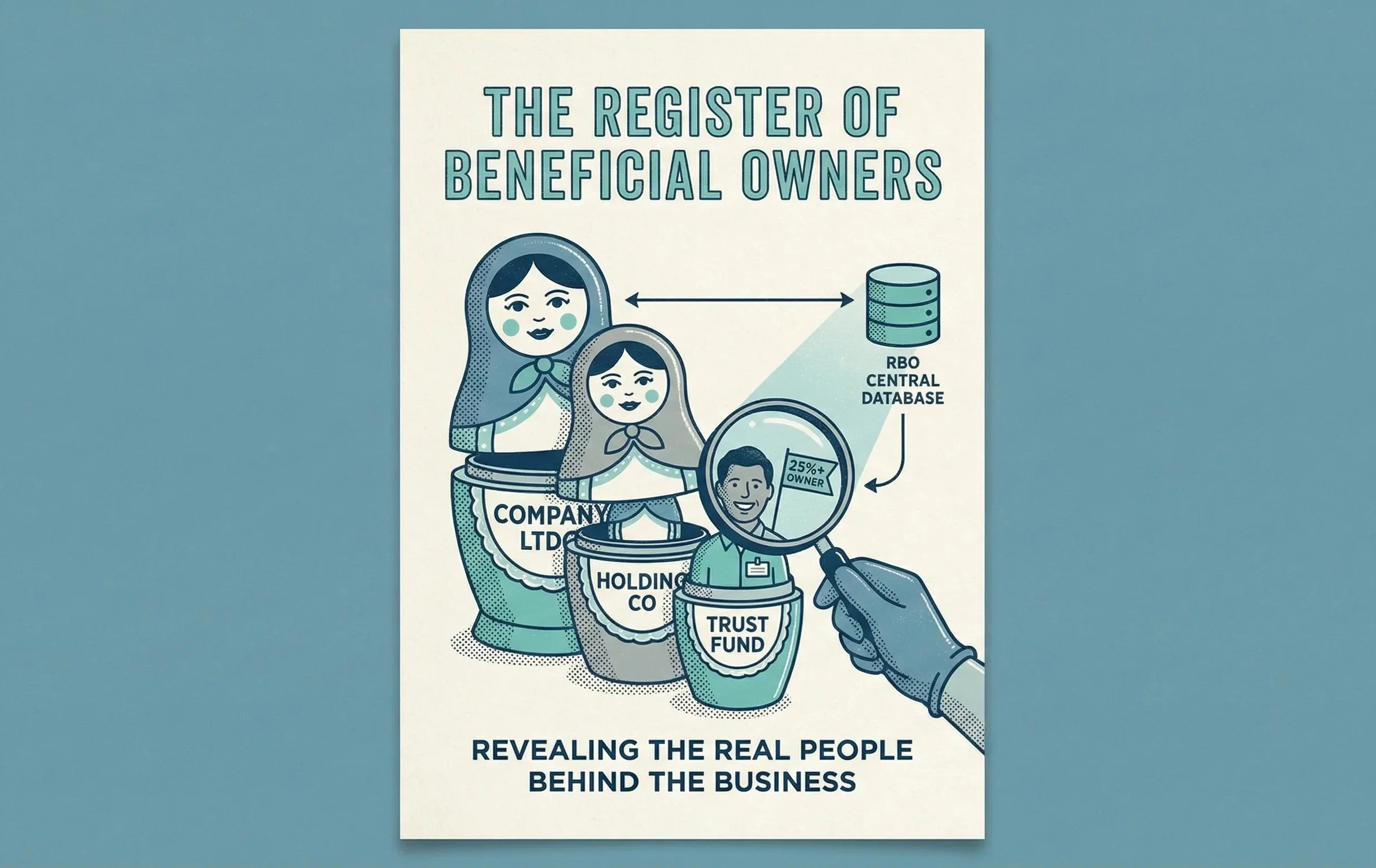
.webp)
.webp)
.webp)
